When Liz Woody’s son Mason was in third grade, he struggled to read basic words. After Woody moved Mason to a specialized school, she set out to transform techniques to reach struggling readers. John Tulenko of Learning Matters has the story. Continue reading →
Get Started for FREE
Sign up with Facebook Sign up with X
I don't have a Facebook or a X account

 Your new post is loading... Your new post is loading...
 Your new post is loading... Your new post is loading...

Lou Salza's curator insight,
September 11, 2015 1:41 PM
Beware of "brain-SCAMS"--Lou Excerpt: In neuroscience, there is little support for the proposition that it's possible to significantly improve one skill (e.g. reading, spelling) by practising a different one (e.g. tracing foreign alphabets, reading clock faces, memorising sentences, modelling words in clay), yet that's what brain-training programs tend to do. The typical struggling beginner reader/speller has difficulties with sounding out words. Breaking words up into individual sounds is not a skill evolution equipped us to do, and perhaps 20 per cent of children find it very difficult. They must be explicitly taught how to stretch out words and listen for the sounds when spelling, and to blend sounds together into words when reading. They must systematically work through the system by which our 44 speech sounds are represented by over 200 spellings of one, two, three or four letters, with many spellings representing more than one sound.

Lou Salza's curator insight,
September 4, 2015 11:56 AM
Excerpt: ( and my favorite passage!) ".....The researchers found that students with ADHD characteristics (especially those who scored high in "inattention") had lower working memory scores than the non-ADHD students, even though they did not differ in their fluid reasoning ability. This is consistent with past research showing that people with ADHD tend to score lower on tests of working memory (see here and here), but these findings also suggest that people with ADHD can still be quite smart despite their reduced ability to hold multiple pieces of information in memory. Also, despite their reduced working memory, 53% of the academically advanced students with ADHD characteristics scored at or above the 70th percentile on the creativity index. In fact, for both the ADHD and the non-ADHD group of students, the poorer the working memory, thehigher the creativity!....." By Scott Barry Kaufman 
Lou Salza's curator insight,
August 20, 2015 1:25 PM
Thank you Earl! Wonderful summary of the research supporting early identification and intervention to prevent reading failure in our schools! --Lou

Rowe Young- Kaple's curator insight,
June 12, 2015 5:37 PM
Inversion of writing letters can effect both those with identified dyslexia and those with WLD written language disabilities

Terry Doherty's curator insight,
May 1, 2015 9:44 AM
"It's not an artifact of modern life. It is real."

Lon Woodbury's curator insight,
April 29, 2015 1:56 PM
It is a real improvement to be able to get something quantitative measuring the differences. Makes getting a handle on what the situation is much more objective. -Lon |

Lon Woodbury's curator insight,
September 7, 2015 2:31 PM
The speaker is on to something. It seems more helpful to look at how some condition like autism can have it's up side, instead of just talking about it as a disability. -Lon

Dr. Pat McGuire's curator insight,
July 6, 2015 2:58 PM
I have worked as a developmental and behavioral pediatrician for 30 years (since my residency ended) and have identified many hundreds of students, and some adults, with dyslexia. I have been involved with the International Dyslexia Association, both in the state of Iowa and nationally since the early 1990's. While Arne Duncan (US Dept. of Ed.) says things are better, the reality is that it is moving at glacial rates in most parts of this country, Iowa included. Iowa just had a bill signed by Governor Branstad in July 2014 making it a duty of all schools to identify children with dyslexia by 3rd grade. But as of a year later, few (If any) districts are actually doing that or getting training for teachers to be trained in the specific reading programs that have been found effective for students with dyslexia. There are 3 school districts in Eastern Iowa who have been on top of this issue since the late 1980's, however, who have incorporated these programs into their general education classrooms with good results. A few more began coming on board since 2000, again with improvements for their students. But they did so without actually having a diagnosis but rather bringing the training to all students.
Dyslexia does not need a doctor's diagnosis since the tools used come from the education and speech/language disciplines. But until schools are willing to use the appropriate tools to assess for the key areas of deficit (phonemic and phonologic awareness, decoding and encoding (spelling) skills, as well as other language based problems that are caused by the problems processing the sounds in oral language which can lead to memory and comprehension problems) the diagnosis will end up coming from people like me and institutions that do tertiary care, such as universities.
We need to take this seriously so that we don't end up spending our public dollars later for juvenile delinquency, drug and alcohol abuse, under and unemployment, and broken homes due to the anxiety and depression that don't allow the individual to be there for the people he loves.

Rowe Young- Kaple's curator insight,
May 27, 2015 4:53 PM
Read: Eye Dominance Difference Connection to LD Learning Disabilities http://acascipub.com/World%20Journal%20of%20Psychology%20Research/Current%20Issues.php 
Rowe Young- Kaple's curator insight,
May 27, 2015 4:54 PM
Eye Dominance Difference Connection to LD Learning Disabilities http://acascipub.com/World%20Journal%20of%20Psychology%20Research/Current%20Issues.php |



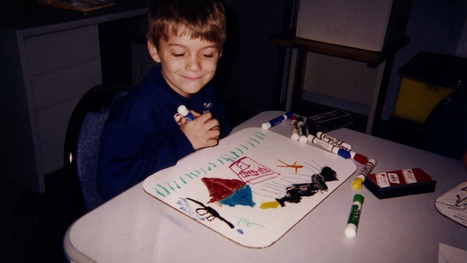

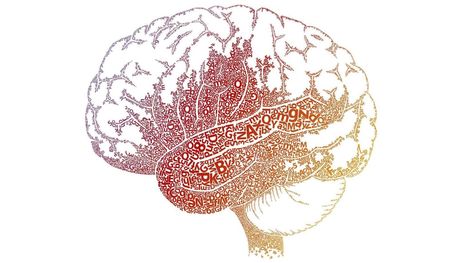






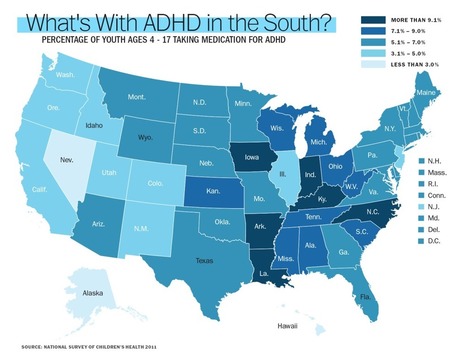

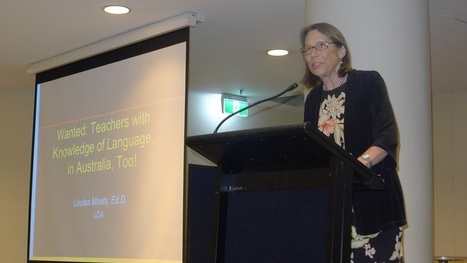

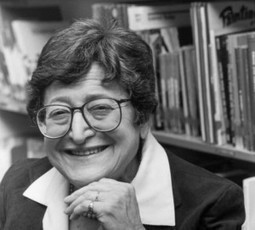
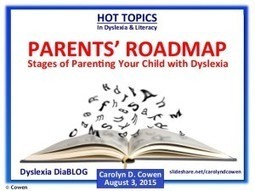

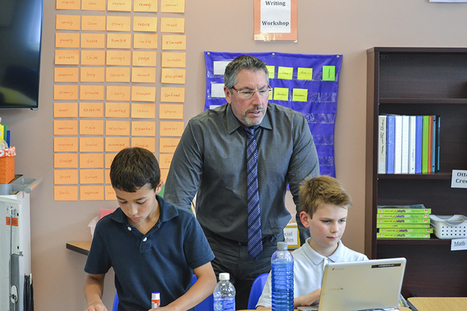
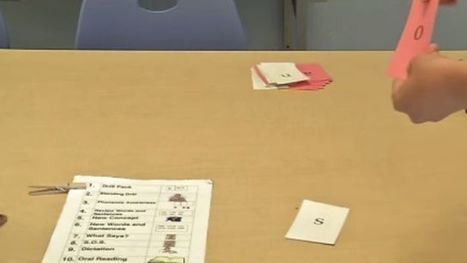







This is a great illustration of parent power and how dyslexia can be a Trojan Horse for transforming reading instruction for all children.